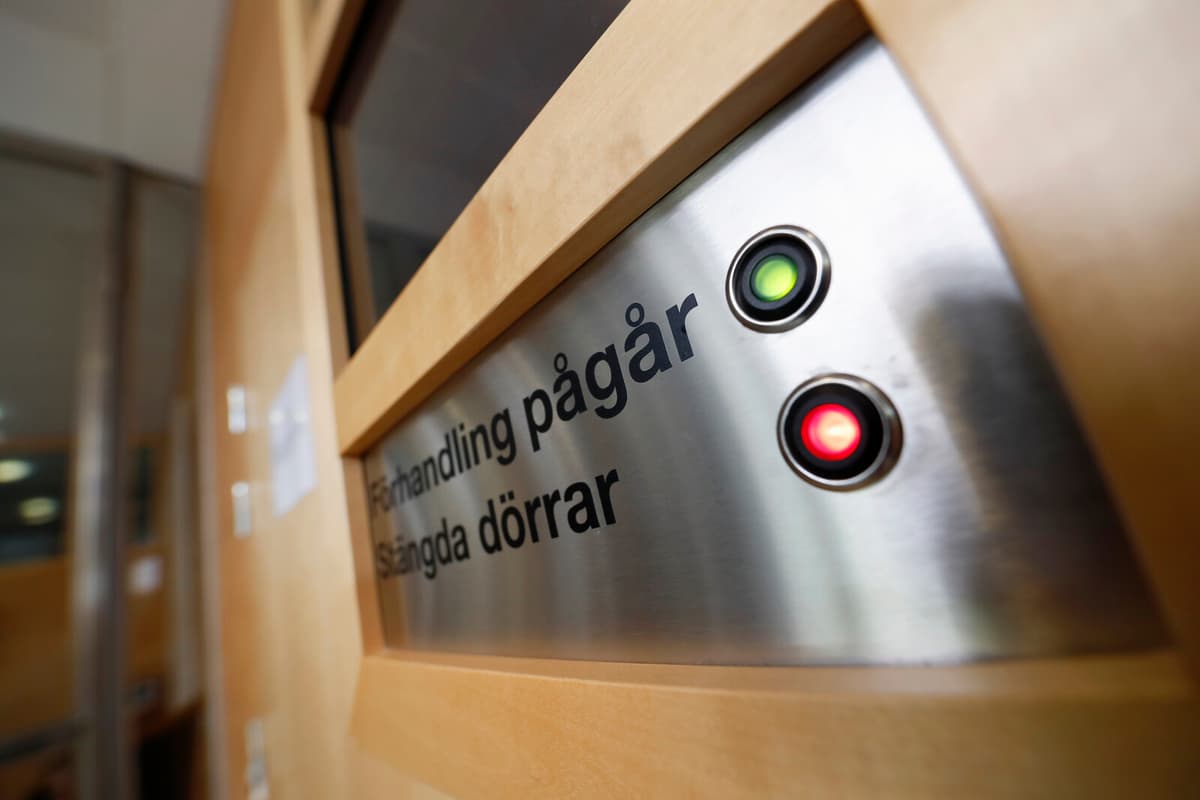The forensic psychiatric clinics in Sweden are overcrowded. Throughout the entire last year, the occupancy rate was over 100 percent – and the latest figures from SKR show continued high pressure with a national occupancy rate of 111 percent.
The lack of space means that the clinics do not always have the opportunity to immediately admit convicted individuals who are to begin their forensic psychiatric care. This has been the case, among other places, in Östergötland at the regional clinic in Vadstena.
The second half of 2024 can almost be defined as out of control, says Operations Manager Pähr Forsberg about the extremely strained situation that prevailed.
In the fall, the region was estimated to lack over 30 places to fulfill its mission. The consequence was that about ten people either remained in custody or were released on parole while waiting for care within forensic psychiatry. One of these was a young woman who was convicted in the spring for a violent robbery in Linköping, as reported by P4 Östergötland.
Prison Sentence
The woman was already serving a prison sentence when she was convicted of care. However, Prosecutor Gabriella Ergül requested that the woman be detained if she was released from prison before care could begin.
I did what I should and thought she should be detained further, she says.
But the court denied the request – and when the woman's sentence was served, there was no room for her at the regional clinic in Vadstena. Instead, she was released on parole in October 2024.
I think it's important to point out that we never decide whether a patient should wait for care on parole, says Pähr Forsberg.
Advertisement
We can't provide a place, so we can't do more. Then the referring unit has to decide how to proceed based on that message, continues Forsberg, who does not comment on the individual case.
Four months after the woman was released, she was arrested again, suspected of attempted murder in Norrköping along with several others. The victim is a man in his 30s.
Failure
The woman's lawyer, Henrik Lindblom, who says his client has admitted to some involvement but denies attempted murder, calls the whole thing a "failure".
The client wanted to get to forensic psychiatry and receive the care the court deemed she needed, but didn't get any place. This clearly poses risks both for herself and for others.
Advertisement
Pähr Forsberg emphasizes that the situation at the regional clinic is now under better control since new places have been opened.
But what do you think about what happened?
Regardless of the reason: everything that arises from our inability to fulfill parts of our mission is regrettable. It encompasses all possible consequences, this is a potential consequence. It doesn't feel good at all.
The occupancy rate in forensic psychiatric inpatient care was over 100 percent nationally throughout 2024.
The occupancy rate varied from a low of 103 percent to a high of 112 percent. The figures only include patients who were found a place, and do not include all patients waiting for care.
However, the occupancy rate in individual regions could be significantly higher. Some regions reported an occupancy rate as high as 150 percent.
Source: Swedish Association of Local Authorities and Regions (SKR)






